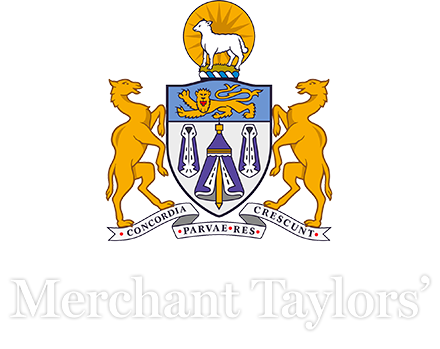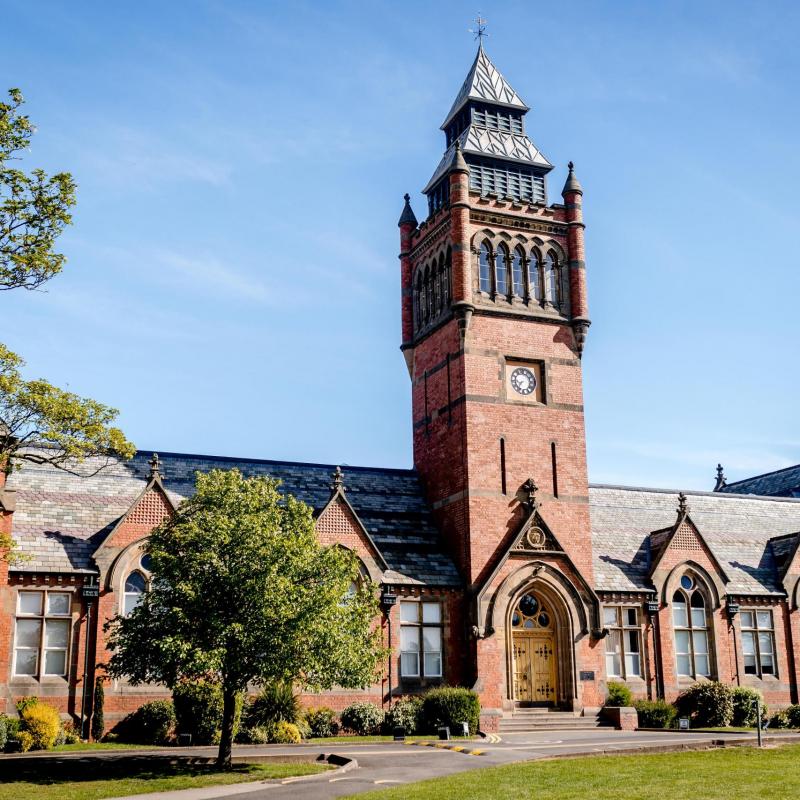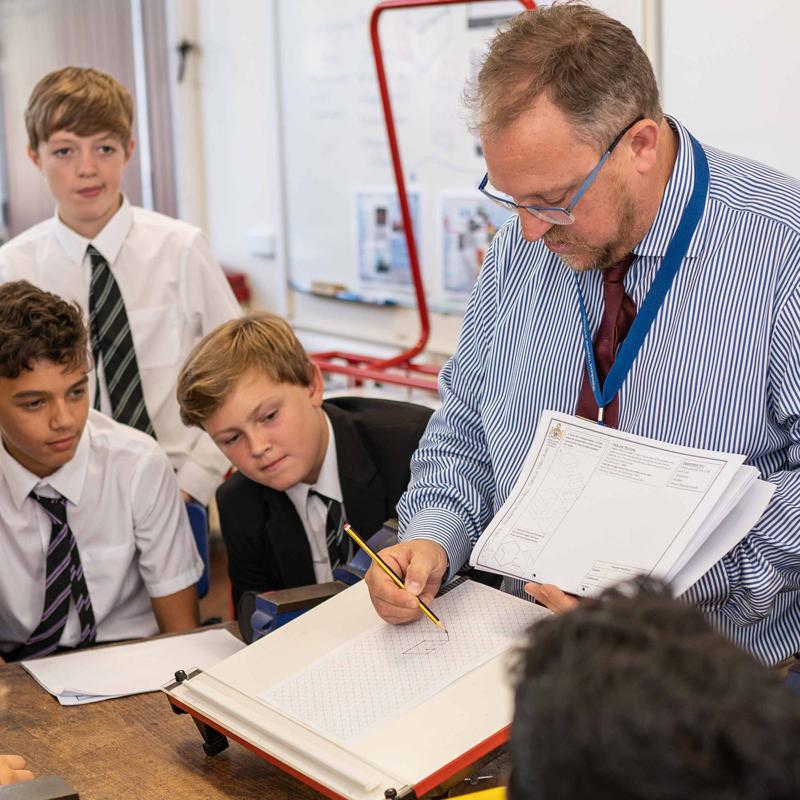Geography
Our Geography department encourages pupils to develop skills of critical enquiry into the earth’s physical and human environments whilst giving them a better understanding of their place in an ever-changing world.
We pride ourselves on making the subject we teach both interesting and relevant to pupils of the 21st century. All topics give pupils an understanding of contrasting physical and human environments and we aim to develop a firm understanding of concepts through a variety of key questions.
Geography gives pupils an insight into the relationships between people and the environment and how each affects the other and to comprehend the concept of sustainable development. Geography enables students to foster a sympathetic understanding of some of the major issues of social concern such as poverty, climate change and population problems.
We encourage all pupils to appreciate how actions and decisions made at a local level can have global implications; as a consequence, there are frequent lively discussions on themes as varied as the management and conservation of extreme environments to the creation of sustainable communities in modern cities.
The opportunity for fieldwork and practical experience is seen as an important part of the learning experience and the department is committed to providing a varied programme that involves work at home and abroad.
Lower School
In Years 7, 8 and 9, pupils will be introduced to a wide range of both human and physical geography topics. These are relevant to their lives and the lives of a wider global population, giving the pupils a firm appreciation of contrasting themes.
Year 7
- Geography 101
- Globalisation
- Weather and Climate
- Geography and Sport
Year 8
- Rivers
- Coasts
- Asia
- World Issues
Year 9
- Tourism
- Population and Development
GCSE
The GCSE Geography course builds on the skills, knowledge and understanding picked up in the lower school and lead effectively to A-Level study.
Pupils develop knowledge and understanding of contrasting human and physical environments and begin to understand the ways in which people interact with each other and with their environments, as well as understanding different communities and cultures at a variety of scales.
Geography is a popular choice at GCSE due to the variety of topics covered and the wide range of skills developed. Boys begin the GCSE course in the spring term of Year 9 to allow for the completion of content in detail, while enabling an adequate revision period at the conclusion of Year 11.
Boys use fieldwork to carry out a number of skills based on observation, collection, representation, analysis, interpretation and use of data including maps and photographs. Fieldwork study is compulsory and is based on work carried out in the summer term of Year 10. Typically, this involves a two-day residential trip in the Lake District, incorporating some work on the topic of ice on the land, rivers and resources.
Boys will also look at urban change in various parts of Liverpool to support and it is likely there will be an optional overseas trip to support GCSE and potentially A-Level geographical studies. Assessment is via three exam papers completed in the summer of Year 11
Geography can lead directly to careers in the energy industry, town and regional planning, cartography, transport, surveying, teaching, environmental management and environmental engineering. Geographers also pursue skills in numeracy and literacy, opening up opportunities in accountancy and law among other wider fields.
A Level
Geography is an exciting, dynamic and challenging subject to study at A Level, helping students to acquire and apply knowledge and understanding of physical and human processes and appreciate how places, environments and issues change.
It provides an understanding of how decisions are made about the use and management of resources and environments and allows students to clarify and develop their own values and attitudes in relation to geographical issues and questions.
The A-Level course comprises Physical Geography (40%), Human Geography (40%) and coursework (20%). Fieldwork plays a vital role in understanding the full nature of the subject and there are a number of days out in the local area, providing an opportunity for boys to select a theme for their coursework.
Geography works well with a variety of science-based and humanities subjects. Global Economics and Systems has been introduced to the current specification linking well with Economics. We take great pride in recent results and the number of Sixth Form geographers who move on to study the subject or similar pathways at leading universities.
The Geography department is an innovative and lively one, complete with four subject specialists and a commitment to enriching the course with lectures from leading academics and regular overseas trips – including recent ventures to Switzerland, Sicily and Iceland.




